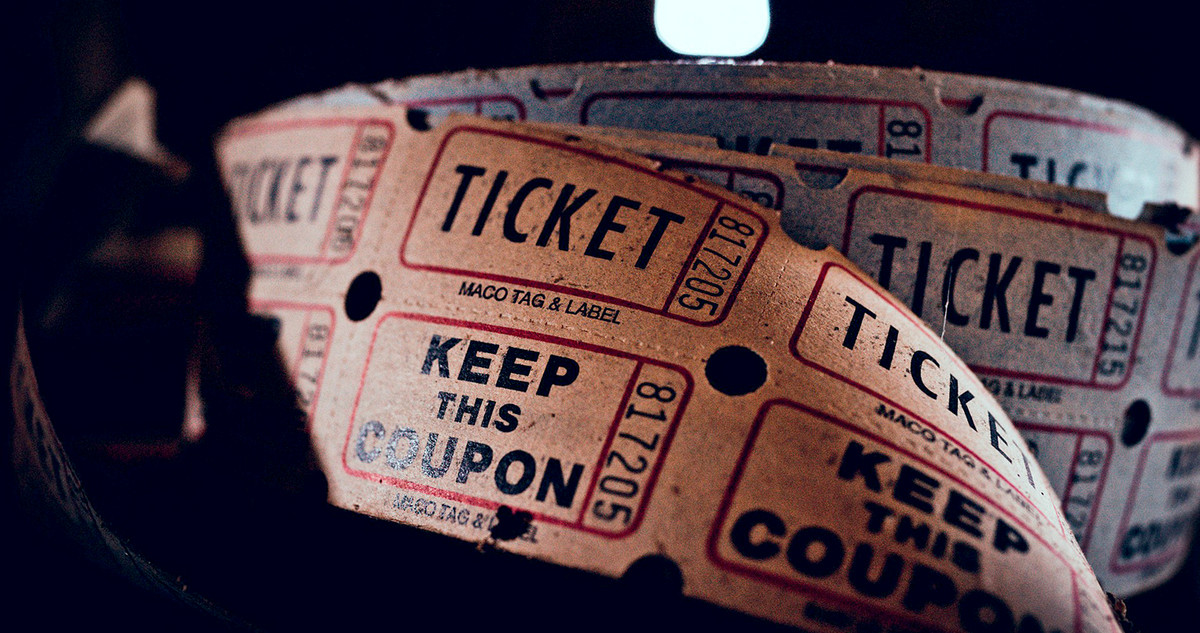Overview
Recommendations
Next Steps
Social media
Never forget to look at the big picture
Here is a little thought experiment: you have spent 100 euro on a concert ticket. Standing in front of the concert hall, you are patting your pockets with a long face – you have lost your ticket. You could spend another 100 euro on a new ticket. Will you, though?
Another scenario: you have deposited the concert ticket at the box office. When you reach for your wallet to pay for it, you notice that you have lost it, including the 100 euro for the ticket. Luckily, you find a 100-euro bill in your jacket. Will you use the money to buy the ticket?

Is it possible you would decide differently in the two scenarios? In doing so, you would not be alone, as an experiment by Tversky and Kahnemann shows. A mere 46% of surveyed people would buy the ticket in scenario 1, while 88% would spring for a new one in scenario 2. How is that possible? In both cases, you have lost 100 euro and would need to spend 100 more in order to see the concert.
One explanation is offered by “mental accounting,” a psychological phenomenon that makes us create a mental account for every decision or “project” (such as a visit to a concert). In the first example, most people are not willing to spend 200 euro altogether on the concert, which is why they choose not to buy another ticket to replace the one they lost. The lost 100-euro bill in the second example, however, is not debited from the “concert account,” but from a different one, a “money account,” and thus does not weigh against this decision.
Our brain has a tendency to simplify complex issues, if not necessarily always in a rational manner: we tend to suffer from tunnel vision when it comes to the “mental account” in question, ignoring the correlations with other “accounts.”
This is also why people are happy to take the bait in the shape of little gifts offered by banks, insurance companies, and other service providers, accepting higher net costs than would be the case at other, seemingly less generous companies. The product and the gift are entered in two different mental accounts: we often prefer a small gain (on the gift account) coupled with a higher loss (on the product account) to a smaller loss without any gain (as offered by the provider who does not hand out any gifts). This, in turn, results from loss aversion, which I have described in this column on numerous occasions. The right way to go would be to balance both accounts and base the decision on who offers lower net costs.

Also, it generally does not make sense to assign living expenses such as food, clothing or vacations to different mental accounts and to cap them individually. It is better to consider the big picture: an urgently needed getaway should not be a problem if spending on clothing and leisure is cut.
Mental accounting also comes into play in decisions regarding the capital market: people tend to focus on the development of individual securities rather than their entire portfolio. They consider gains or losses of each share separately and base their decisions on it, disregarding the portfolio as a whole.
Always keep in mind the correlations between your mental accounts. If you own shares of more than one stock, you should put them all in the same mental account. This will help you recognize connections between the shares and consider them in your decision to buy or sell. Do not fret about a plummeting share while in fact you are making a profit on the entire portfolio. In this context, it often pays off to take a closer look: if there is a negative correlation between two venturesome securities, i.e. one of them is more likely to rise when the other one is falling, buying both will potentially lower the risks as the price fluctuations offset each other. This concept is called diversification. So keep the big picture in mind, then make a decision. May the exercise succeed!
This article was published in the Austrian business magazine GEWINN. Read the original article here (in German).